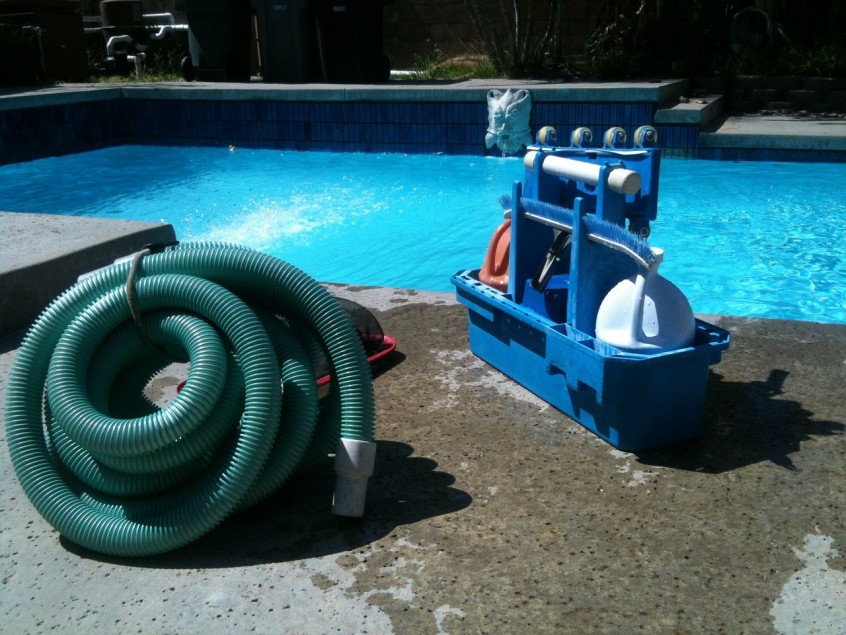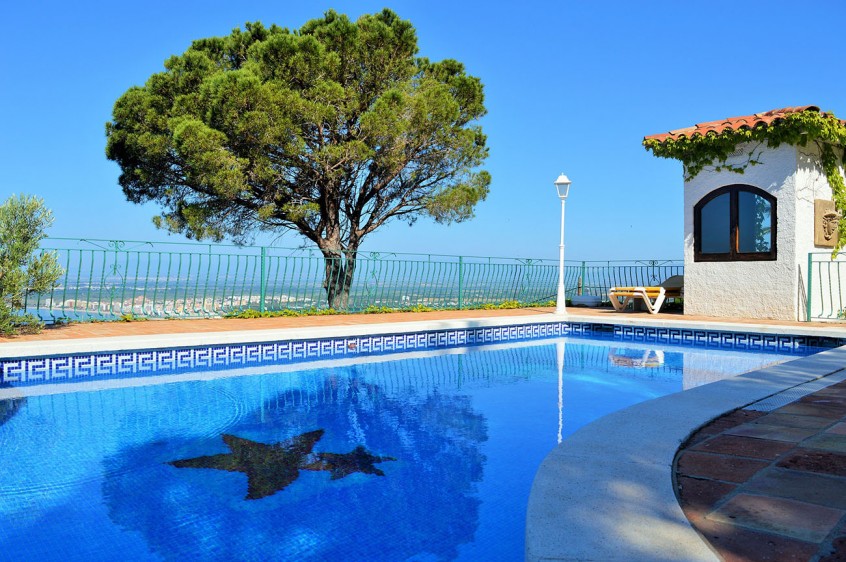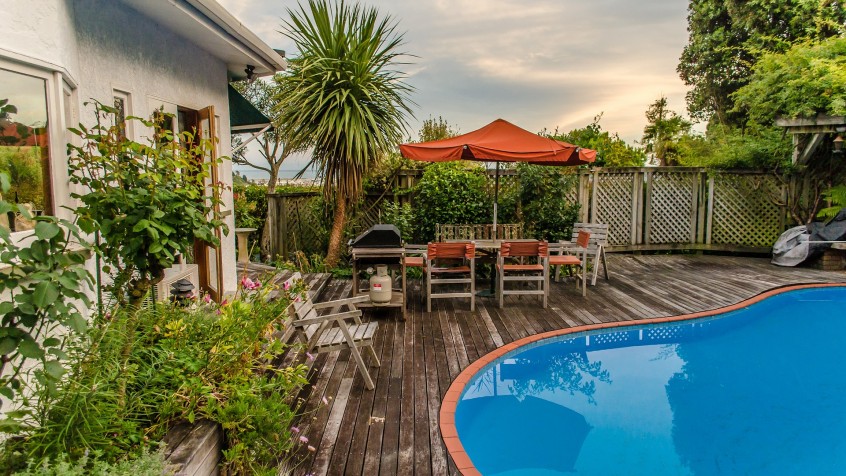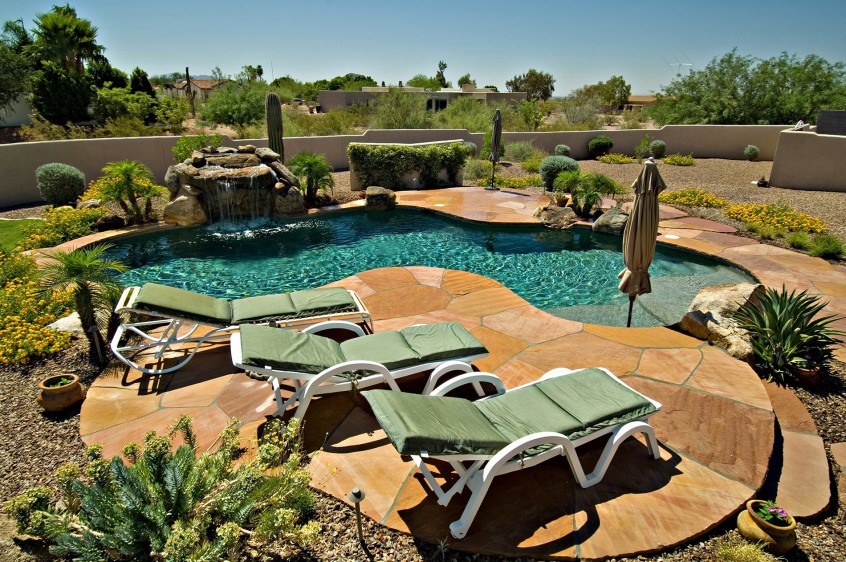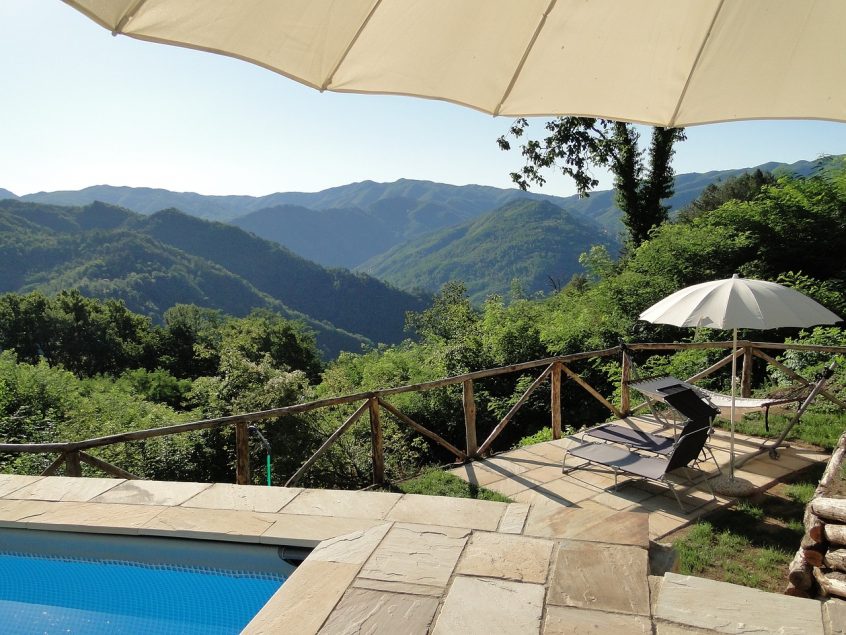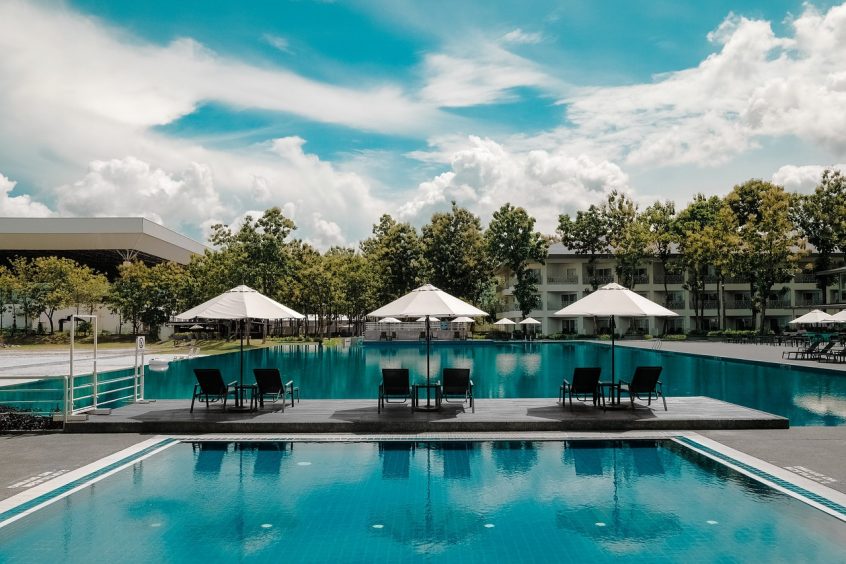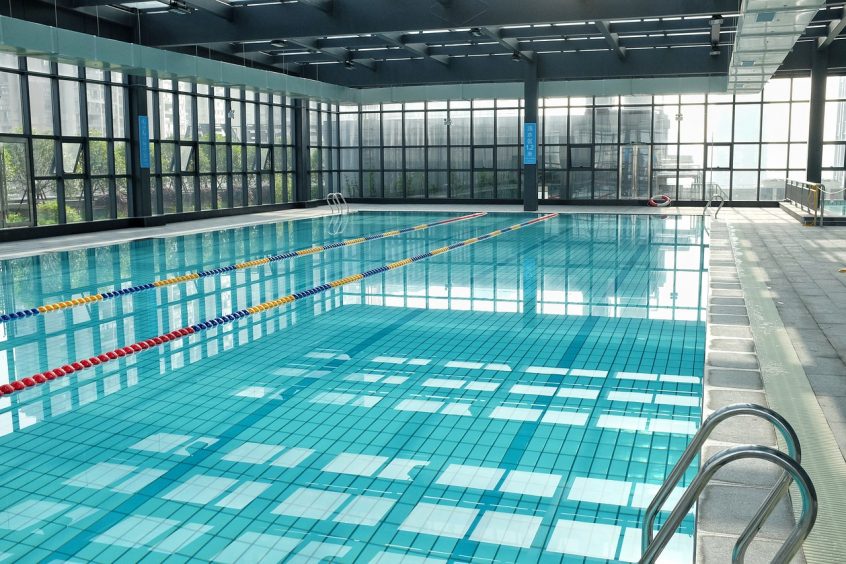A new infographic released by Deb Group underlines the risk of skin cancer for outdoor workers, particularly those in construction, and offers best practices for protection. The company, which works to establish skincare regimens for all types of workplace and public environments, made the infographic available as part of its annual ‘Sun Protection for Outdoor Workers Campaign.’ The graphic explores … Read More
How to Train and Hire Temporary Employees
Certain things are inherent to the role of operating a business: meeting with vendors, picking out a POS system and, of course, hiring that all-important staff. But before an employee is deemed fit for face-to-face customer contact, or even to spend days logging inventory in the stock room, he or she must be trained in the ways of the store. … Read More
Improving Pool Maintenance Department Efficiencies with Smart Service Routes
Service is the backbone of the aquatics industry. Once a pool and/or spa/hot tub is installed, it needs to be serviced so homeowners continue to enjoy their backyard investment. In most cases, the service technician is the face of the business and is the customer’s regular contact; therefore, they should be punctual and exemplify professionalism on all levels. For some … Read More
Prevention is the Best Strategy Against Pool Stains
Getting the Stains Out The key is to take action before problems appear The causes of pool stains are no mystery: organic material, such as algae and tannins from plants, or inorganic material, such as metals, has become attached to the pool surface. Additionally, plaster pools can have grayish staining caused by occluded water (sometimes called hydration staining). But while … Read More
Understanding Water Treatment Technologies
All water treatment technologies involve a physical change to the water that they are processing. The nature of the change truly defines the technology. Subtractive treatment The most commonly understood and frequently used type of water treatment technology is subtractive; something is removed from water for health or aesthetic reasons. Contaminants are physically removed from the water using a physical separation or adsorptive process. Within the … Read More
Water Matters: A New Standard for Pool Chemicals
Everyone is familiar with chlorination of swimming pools. This is a long-standing practice that has been used for many years to help improve the safety of swimming pools and reduce the incidence of communicable diseases associated with swimming in them. In recent years, however, there has been a proliferation of new techniques to disinfect and treat swimming pool water to … Read More
Prevention Is Better Than Cure: A Good Maintenance Plan Can Avoid Pool and Spa Closures
The beauty of working in the aquatics industry is learning about all of the information and various components involved in the operation of a pool. It is a natural assumption that there is a hole in the ground and this perfect, pristine body of water is waiting to cool swimmers on a hot day. In actual fact, pool operation can … Read More
Today’s High-Tech Controls Now Go Beyond the Pool
The pool industry is entering an era of unprecedented innovation and evolution. With the advancement in microprocessors, data memory, touch screens, and other electronic components, automation is not only becoming more mainstream and more affordable, but equipment manufacturers are also starting to keep up with the innovation curve. That said, pool automation systems have evolved in the past three years … Read More
How to Improve Energy Efficiency in a Pool System
The ability to achieve proper water quality in a pool is a function of correct water chemistry values combined with an appropriately sized filtration system. If either one of these variables are lacking, the end result will be an increased difficulty in maintaining water clarity. Water chemistry, being a more interactive subject matter, is the first factor to look at … Read More
Working with Inaccessible Indoor Pool Mechanical Rooms
Many indoor pool managers will inevitably face the challenge of replacing the dehumidification system at their facility. There are hundreds if not thousands of commercial aquatic facilities in North America. The majority of these indoor pools either surpass 10 years of age or use refrigerants that are being phased out or are banned, which accelerates their obsolescence. Upgrading these facilities … Read More
